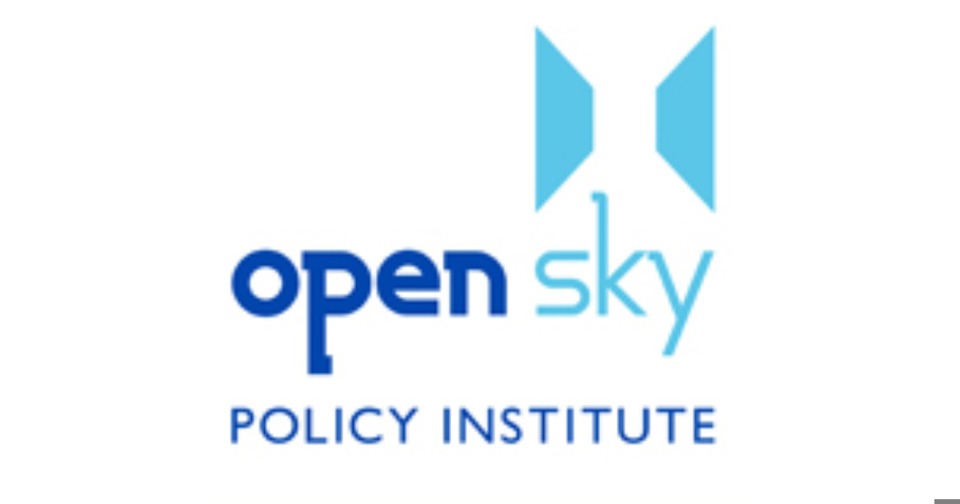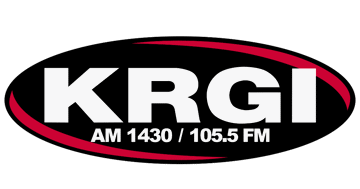Substantial Legislative Bill Having Public Hearings Today

It is a busy lineup of hearings in the Legislature’s Revenue and Appropriations committees, including LB 1, which contains most of the components of the Nebraska Plan outlined by Governor Jim Pillen. OpenSky will be testifying on three key pieces of legislation. All hearings are open to the public.
LB 1
LB 1 contains a myriad of changes to Nebraska’s taxation system, including the addition of more than 100 new sales taxes on items and services like haircuts, dance lessons, tax preparation, agricultural equipment and home maintenance and repair. Many of these are not optional expenses – they are unavoidable taxes on necessities that will affect low and middle income families the most. Sales tax revenues also fluctuate more than income or property tax revenue each year due to changes in consumer spending patterns and drop sharply during recessions or economic downturns. It is risky to fund essential services on such an unstable form of revenue.
Additionally, modeling from the Institute on Taxation and Economic Policy shows that any savings Nebraskans receive from this bill’s property tax reduction efforts will be completely outweighed by the higher costs of goods and services from these sales taxes. In fact, LB 1 will result in a net increase in the percent of income paid in taxes for Nebraskans who earn less than $142,700 a year. In other words, 80% of Nebraskans will pay more in taxes overall than they would without this bill. Only the top 20% of earners in Nebraska will see a reduction in their overall tax bills.
Higher sin taxes on cigarettes, alcohol, vapes and other products are an equally unwise option for funding this bill. Not only are sin taxes also regressive, but they are proven to be unsustainable revenue sources over time. Decades’ worth of data show that high excise taxes on cigarettes, for instance, are highly effective at reducing rates of use among adults. These sin taxes will see diminishing returns as they eventually tax their bases out of existence, which will force the state to either cut services or increase taxes elsewhere in the future.
LBs 2 & 3
These bills will be heard in the Appropriations Committee, and both make changes to the biennium budget, adopted by the legislature just a few short months ago.
This bill provides for $116.7 million in one-time carryover reappropriation reductions and an additional $83 million in ongoing General Fund base appropriation reductions. Twenty-two different departments will see reductions, ranging from $25,000 for the office of the Lieutenant Governor to nearly $81 million for Health and Human Services. Absorbing this level of cuts will undoubtedly make it more difficult for these critical agencies to provide programming and services at the levels necessary to care for Nebraskans. This special adjustment of the biennial budget is unprecedented outside of a significant budget crisis. These cuts are being made primarily at the Governor’s request for property tax relief and the Legislature was only informed of these cuts a few days before the special session commenced. The body will undertake the process of crafting a new biennial budget in January, with the collaboration, consideration and transparency Nebraskans have come to expect from this process.
The committee should use extreme caution when considering depleting the cash reserve as proposed in LB 3. State revenues, including Nebraska, are closely tied to the strength of the economy and typically decline during slowdowns, making it even harder for states to meet rising needs. The reserve is necessary to fill the gap and prevent disruption in services.
